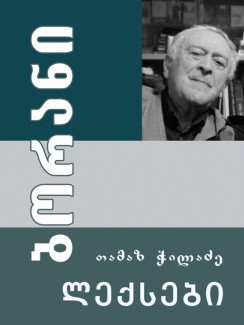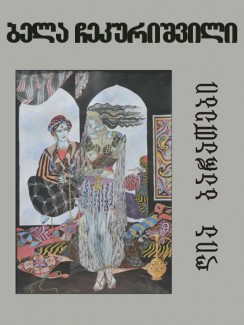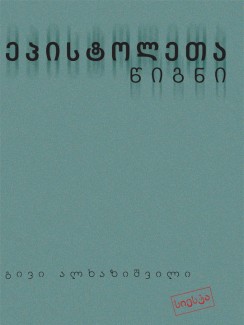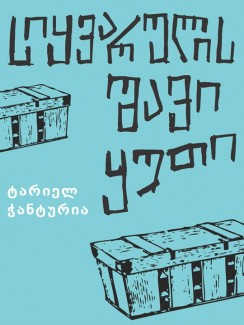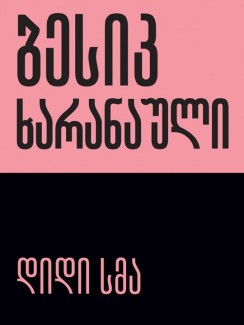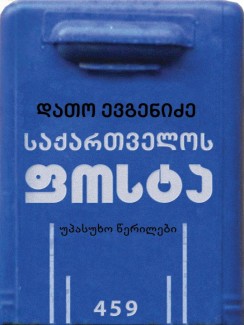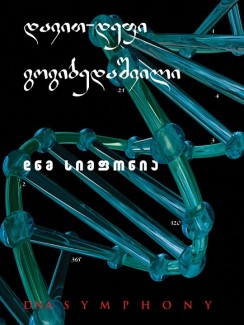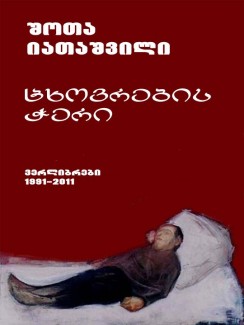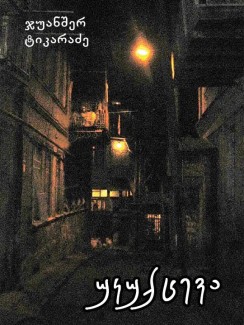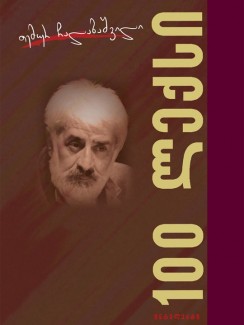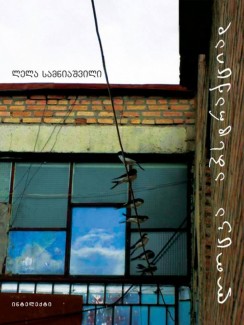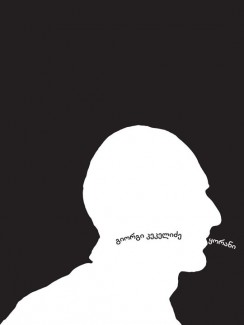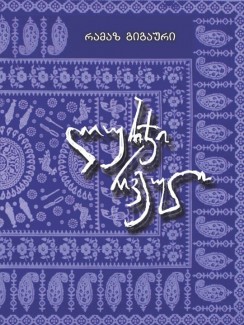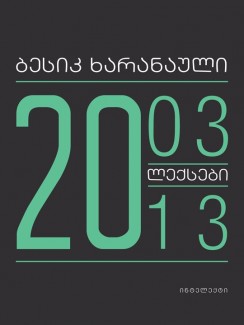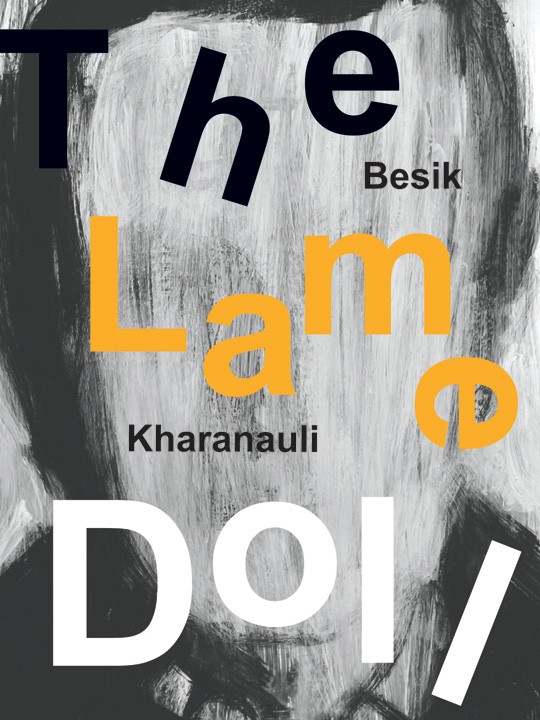
The Lame Doll
გამომცემლობა Intelekti Publishing
მთარგმნელი Timothy Kercher Ani Kopaliani
თარგმანი Georgian
"In Soviet Georgia, 1972, thirty-three year old Besik Kharanauli wagged his finger in the face of tradition: he was not going to romanticize war, write about heroes or glorify the Soviet system. Instead, he would write about the struggles of an everyman, an anti-hero who despairs. The form and subject matter were revolutionary—nothing other than free verse would do, free verse in a poetry tradition where it did not exist, resulting in a long poem, “The Lame Doll.” The story goes like this: one morning, Kharanauli felt extremely ironic about himself and his life, looked in the mirror, and declared, “A man has awoken.” The poem went beyond the irony he was feeling and became something quite dramatic. What he did was write as his heart led him, ridding himself of the idea of poet as hero, poet as propagandist, poet as “king,” as Galaktion Tabidze, the most revered of 20th Century Georgian poets declared some 30 years earlier. His protagonist, Alex, is an everyman whose name harkens back to a time when men were heroes, as his namesake, Alexander the Great. But this everyman Alex is no hero, can barely rise from bed to find meaning in this existence—this is a song of despair coming from the heart of the existential void. Kharanauli calls back to his roots by taking the epigrath for “The Lame Doll” from Vazha-Pashavela, which embodies a theme of the entire poem: “In vain, you spend your life, in vain you reach the grave.” Despite its bleak outlook, “The Lame Doll,” has an energy and succinctness that reaches perfect pitch." - Timothy Kercher
- INTRODUCTION
- THE LAME DOLL
- I
- II
- III
- IV
- V
- VI
- VII
- VIII
- IX
- X
- XI
- XII
- XIII
- XIV
- XV
- XVI
- XVII
- XVIII
- Acknowledgements









